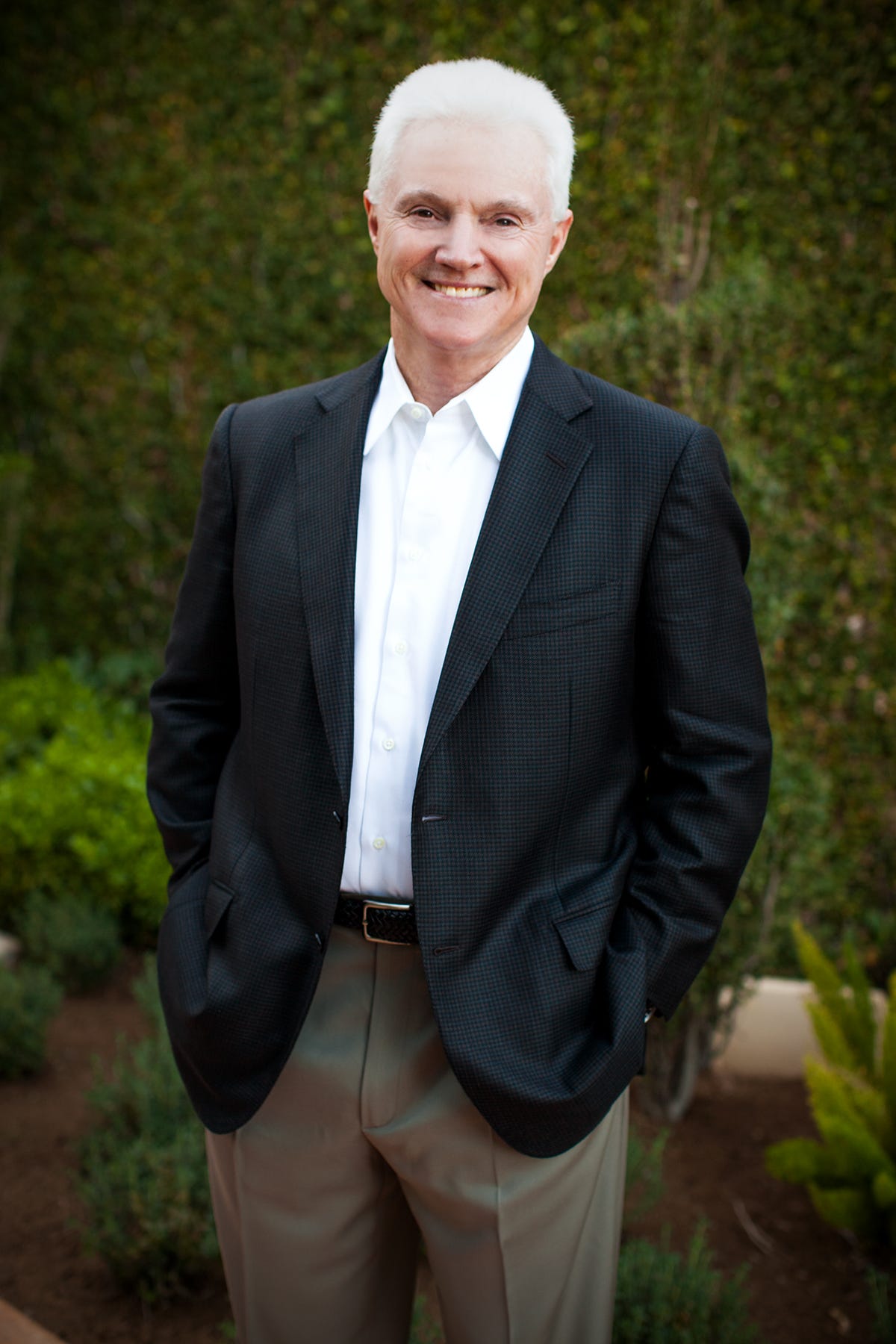As a faithful, if sometimes dissenting, reader of the Wall Street Journal editorial and op-ed pages, I am distressed that the paper’s editors seem to have gotten snookered in running a commentary about Arizona State University. More troublesome, they have let their readers be fooled, as well.
Recall that Ann Atkinson, the now-former head of the university’s T.W. Lewis Center for Personal Development at the Barrett honors college, wrote in a June 19 op-ed that her center was being shut down after faculty members objected to a session she hosted showcasing several conservative speakers. The piece, “I paid for free speech at Arizona State,” implied that the closure was the action of lefty administrators kneeling before radical faculty members. Atkinson slammed the university for its “deep hostility toward divergent views.” She concluded that “ASU claims to value freedom of expression. But in the end the faculty mob always wins against institutional protections for free speech.”
Well, that’s not the way it went down, friends.
In fact, the donor who had sponsored the center pulled the plug on his financing. The donor, real estate magnate Tom Lewis, was irked at the faculty reaction to the February session, as he said in a statement issued after the commentary appeared. “After seeing this level of left-wing hostility and activism, I no longer had any confidence in Barrett to adhere to the terms of our gift, and made the decision to terminate our agreement, effective June 30, 2023,” he wrote. “I regret that this decision was necessary, and hope that Barrett and ASU will take strong action to ensure that free speech will always be protected and that all voices can be heard.”
Tipping his hand ideologically, Lewis elaborated: “Because these were mostly conservative speakers, we expected some opposition, but I was shocked and disappointed by the alarming and outright hostility demonstrated by the Barrett faculty and administration toward these speakers. Instead of sponsoring this event with a spirit of cooperation and respect for free speech, Barrett faculty and staff exposed the radical ideology that now apparently dominates the college.”
By Atkinson’s account, 39 of the 47 Barrett faculty members condemned the session in a letter to the administration. Atkinson’s count may overstate the number of signers a bit, for one thing. More significantly, however – and something Atkinson did not say – the profs did not ask that the session be cancelled. Indeed, it went forward, and she wrote that thousands attended either in person or virtually (again, her numbers seem somewhat inflated).
So, because the profs raised their voices against the session, the conservative funder killed a program that provided a platform for conservative speakers who appeared, apparently without any trouble. Logical? Perhaps not so much. Perhaps a MAGA kind of logic.
Even more illogically, Lewis’s reference to “respect for free speech” is inconsistent with his pulling the bucks. It would seem Lewis respects only some types of speech – certainly not that expressed by the profs
ASU issued its own statement through Provost Nancy Gonzales: “Arizona State University is committed to, in practice, not just rhetoric, all things that support free speech and all of its components. ASU employee Ann Atkinson has lost the distinction between feelings and fact in her recent comments about what prompted her loss of employment at the T.W. Lewis Center at Arizona State University. Ms. Atkinson’s current job at the university will no longer exist after June 30 because the donor who created and funded the center decided to terminate his donation. Unfortunate, but hardly unprecedented. ASU is working to determine how we can support the most impactful elements of the center without that external funding.
“Ms. Atkinson’s frustration with those who would suppress freedom of speech is one we share. But her conclusion that ASU students are the ‘losers’ misses the obvious point: the ‘Health, Wealth and Happiness’ event hosted by Robert Kiyosaki, Dennis Prager and Charlie Kirk was a success. Speakers came, they spoke, and more than 600 people attended. Ms. Atkinson is correct that this event was opposed by many faculty, students and others who are part of the ASU community. She is right to say that this opposition was vocal. This is not uncommon in a university setting.”
The university statement concluded: “… ASU has been awarded the ‘green light’ by the Foundation for Individual Rights and Expression and that it adopted the Chicago Principles, which affirm the ‘free, robust and uninhibited sharing of ideas among all members of the university’s community.’”
It it troubling that half-truths and omissions marked the op-ed. But it is far more unsettling that the WSJ, in its eagerness to pounce on a hot “cancellation” tale, would propagate such shortcomings.
While the paper on June 22 published the ASU statement as a letter, it has not issued a response correcting the misleading commentary or acknowledging that it got conned. At a minimum, a note from a perhaps red-faced editor — maybe op-ed chief James Taranto — would be welcome. It may be that in time somebody at the paper with a spine will fess up, something that would much serve readers of a paper ostensibly committed to accuracy, truthfulness and the full story. One can only hope.



